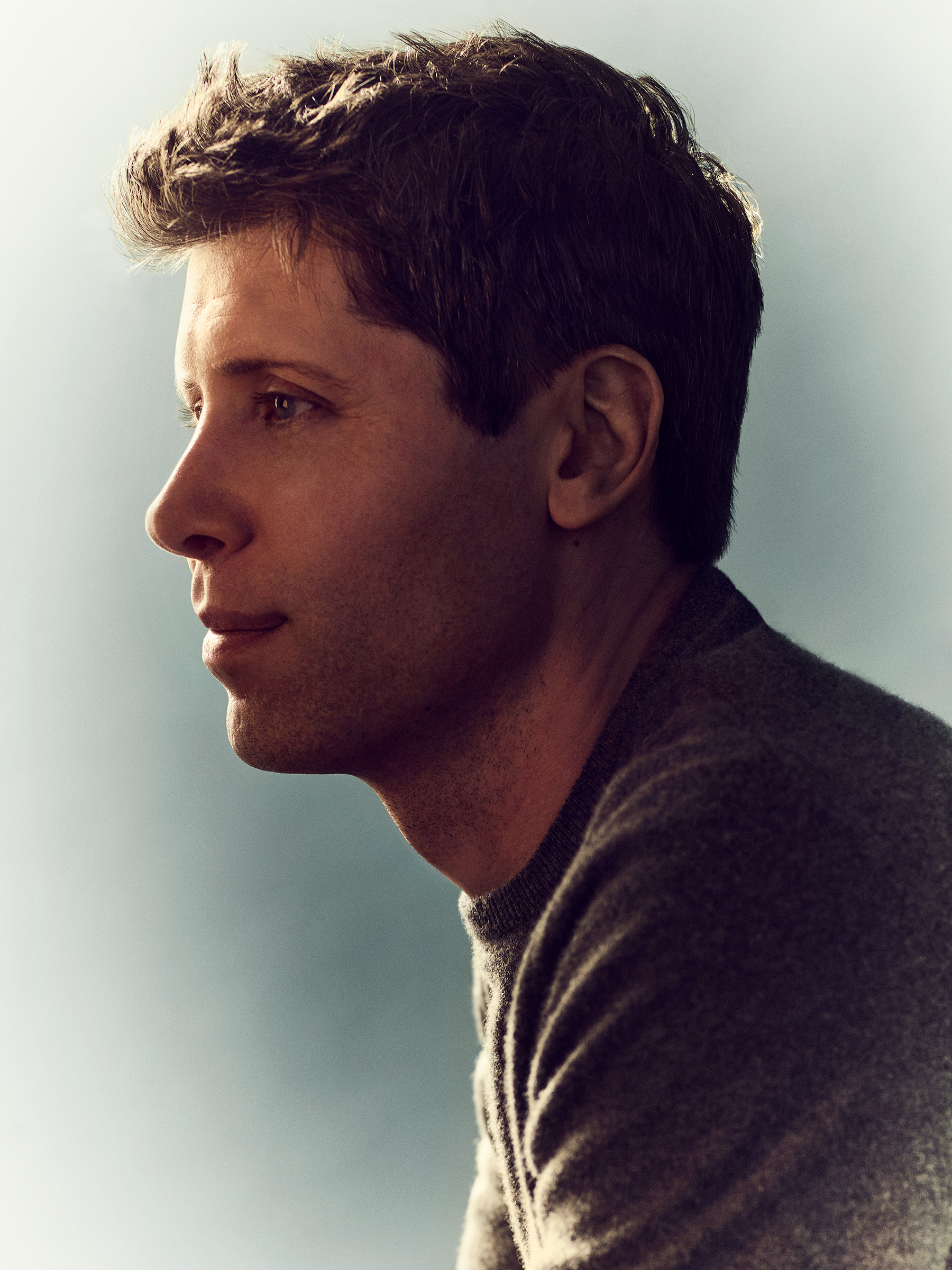- The Marina Emailer
- Posts
- How I write good ‘horrible’ first drafts?
How I write good ‘horrible’ first drafts?
As an impatient writer, ‘vomit-dumping’ ideas give me a sense of control


I have a confession to make: Sometimes I hate writing. I swear I mean this. I find it super hard to convert the million speech bubbles of ideas in my head into written words. I prefer reading to writing. I’m an impatient writer.
When I sit to do my journalism work, I feel a heavy burden land on my shoulders. This feeling never seems to let me go despite being a writer for more than a decade (six years professionally as a journalist). I sometimes wonder if I suffer from writer’s block!
📚A new path to learning
As someone who has focused on honing the craft, I aimed at becoming a better online writer. Thus, after consuming the works of great authors like Stephen King, William Zinseller and Syd Field, I moved to other new-age penmen like Nicolas Cole and David Perell.
They shed more light on efficient writing and enhancing productivity. Their ideas made me realise how quickly I got distracted as I always needed reasons to escape from my writing deadlines. I’ve spent hours using WhatsApp, Instagram or else reading random stuff but never wrote until the last moment.
But everything changed after I read David’s ‘Ultimate Guide to Writing’. I adopted some of his tips and I gave more energy towards writing a very good ‘horrible’ first draft. Life has been easy since then.
💡Key Lessons from David’s ‘Ultimate Guide to Writing’
I asked ChatGPT to summarise David’s epic blog post. Here’s what it said:
Online platforms provide opportunities for individuals to share their thoughts, connect with like-minded people, and build a personal brand.
Find a niche that aligns with personal interests and expertise. Develop a unique voice within that niche to stand out in the crowded online space.
Consistent writing is a key factor for success. Regular output not only builds a body of work but also enhances creativity and establishes a connection with the audience.
Writing improves through continuous refinement and feedback. Perfectionism shouldn't be the goal from the start.
Establishing a writing routine is crucial for productivity. Set aside dedicated time for writing, create a conducive environment, and treat writing as a regular practice.
Actively seek and learn from feedback. Engaging with readers and adapting based on their responses contributes to continuous improvement as a writer.
David’s other tips on how he takes notes, dropping ideas onto his laptop/phone and why he never focuses on making the first draft perfect sparked a massive light bulb in my mind. This is what I was waiting for! Here’s what I do now:
📲Learn to drop ideas onto WhatsApp or Notion
I receive many articles and videos from colleagues or friends. To keep track, I forward them to myself in a private WhatsApp group. I also put here links that I stumbled upon while surfing the Internet. When I find an interesting quote from a book, I take photos and send them here too. I come back later to read or watch the links and brew new ideas.
I also use Notion to dump my Young India Fellowship (YIF) class notes. I don’t want to say why Notion is a great tool and why you should use it. It doesn’t matter which note-taking app you use as you should only think about taking your notes most effectively.
When I write my class notes or any other first draft, I don’t care about the grammar, I don’t edit, check spelling or punctuation, and I never let perfectionism take over my head. I’m just idea-dumping and not writing.
🤖Use AI-enabled writing tools to summarise or paraphrase
After I took the Generative AI course taught by Jaspreet Bindra, I found myself being more productive and efficient as I now use tools that save time. For instance, paraphrasing tools like WordTune help to break down tough pieces of writing into a concise flow of words. Jaspreet taught us that Generative AI tools should be seen as “productivity enhancers”.
I strongly agree with this as I have seen several renowned Internet authors speak about how AI-enabled writing tools increase a person’s creative potential. I have come to the realisation that these tools can be used as a skeleton to craft our first draft over which we can write the final versions of our writings.
🗣Voice type to write fast!
The best and the fastest way to write a great shitty first draft is to voice type. Nothing beats this magic. I just speak whatever comes to my mind when I am working on any topic. I refer to the notes on my laptop or else on WhatsApp as I speak my thoughts out loud.
Before settling with the former, I first tested various voice-to-text apps available on my phone, such as Google's Voice Typing and Otter.ai. Don't pay for premium transcription tools unless you can afford them.
When an idea strikes, grab your phone or open a voice recorder and start capturing your thoughts immediately. This allows you to hold the raw essence of your ideas at the moment. I allow my thoughts to flow freely without worrying about structure or coherence. This helps in capturing the initial burst of creativity without being hindered by perfectionism.
After every class during my YIF, I have the habit of dumping down my ideas and thoughts as audio-to-text notes and sending them to my WhatsApp group. I speak conversationally as if I'm explaining the topic to a friend. This helps maintain a natural and authentic tone in my writing.
After transcribing my audio, I perform rapid edits to refine it. This step helps transform the 'horrible' first draft into a more polished version. I then let the draft marinate for a day or two and come back to it with fresh eyes.
While I haven't kept any specific times that are dedicated to idea dumping, I have read about many writers who do it during a walk, commute, or any other time when they can freely vocalise their thoughts without distractions.
🛠Carving the final piece
Once I put all my thoughts onto the screen, I start noticing patterns emerge out of it. This is when I give them shape by following a standard structure of the beginning, the middle and the end. I expand all my notes into bullet points. Then I turn these bullet points into paragraphs. Then they are given another round of polishing — grammar, spelling and punctuation check.
After a while, you will see that the draft is taking shape from a lump of clay into an earthen pot. I like the guide that Nicolas Cole has mentioned below.
It takes time to become a good writer. But it is surely easy to write a horrible first draft. So just start dumping your ideas fearlessly!
Curated readings and videos
1) 📽Watch: How deep work and consistency helped Pat Walls build StarterStory
One of my favourite Internet entrepreneurs is Pat Walls who is the founder of StarterStory, a website that provides insights and advice through interviews with successful entrepreneurs. I like reading the stories of various startups he shares where he details their journeys, challenges, and strategies for success. He focuses on actionable insights, making complex entrepreneurial experiences accessible and inspiring for a broader audience.
In his YouTube video below, Pat shares how Cal Newport’s book ‘Deep Work’ created a huge impact on his life. Deep work encourages individuals to create dedicated, focused time blocks for deep, concentrated work, allowing them to delve into challenging tasks without the disruptions of emails, social media, or other external interruptions.
(Watch the video below to learn his story)
2) 📰Read: From the ‘Paris Review’ - “Invisible Ink: At the CIA’s Creative Writing Group”.
This is a fun read that I stumbled upon recently:
Last spring, a friend of a friend visited my office and invited me to Langley to speak to Invisible Ink, the CIA’s creative writing group...
When an organization has, say, financed the overthrow of the government of Guatemala, you would think there might be a speaking fee. But I was told that, in lieu of payment, the writing group would take me out to lunch in the executive dining room afterward. I would also have my picture taken in front of the CIA seal, and I could post that picture anywhere I wanted.
“So my visit wouldn’t be classified?”
Vivian confirmed that I could tell anyone I wanted. “Just don’t tell them my name—or I’ll have to kill you. Just kidding!”
(Click below to read)
3) 📰Read: Three Cool Profiles by TIME.
What makes TS the world's most powerful musician
How Sam's role as AI pioneer will shape our future
What makes Messi the greatest footballer
4) 📽Watch: How Penguin Random House publishes a book in seven different stages
That’s all for today.
Did you like reading this edition? Should I do better? Please don’t hesitate to offer me your feedback. I am open to ideas and suggestions. Feel free to reach me at [email protected]
See you soon! Do forward this newsletter to your friends 😊❤️





